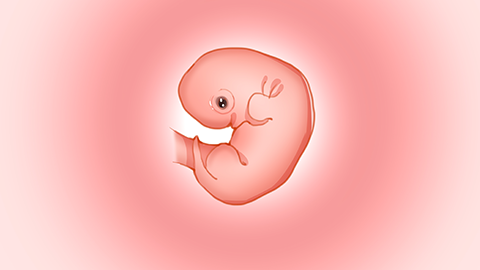What examinations are required before embryo transfer?
Generally, tests required before embryo transfer include endocrine examination, endometrial assessment, genetic testing, screening for infectious diseases, and immune function evaluation. A detailed analysis is as follows:

1. Endocrine Examination
The endocrine system plays a crucial role in female fertility, particularly ovarian function, luteal function, and thyroid function. Endocrine testing can assess hormone levels such as follicle-stimulating hormone (FSH), luteinizing hormone (LH), estrogen, progesterone, and thyroid hormones, to determine whether the woman is suitable for embryo transfer.
2. Endometrial Assessment
The endometrium is a critical site for embryo implantation, and its thickness, morphology, and blood flow directly affect the success rate of embryo implantation. Endometrial evaluation, such as ultrasound or hysteroscopy, can assess the condition of the endometrium to ensure it is in optimal condition prior to embryo transfer.
3. Genetic Testing
Genetic testing aims to exclude chromosomal abnormalities or hereditary diseases to ensure embryo health. It includes karyotype analysis of both partners and genetic screening or diagnosis of the embryos.
4. Screening for Infectious Diseases
Infectious diseases such as hepatitis B, hepatitis C, syphilis, and HIV/AIDS may not only affect embryonic development but also be transmitted to the fetus through mother-to-child transmission. Therefore, screening for infectious diseases before embryo transfer is an important step in ensuring maternal and fetal health.
5. Immune Function Evaluation
Abnormal immune function may cause the mother's body to reject the embryo, thus affecting implantation and development. Immune function testing can assess the mother's immune status, and immunomodulatory treatment may be given if necessary.
Maintaining a healthy lifestyle including balanced nutrition, moderate exercise, sufficient sleep, and avoiding harmful substances such as tobacco and alcohol can help maintain overall health and fertility.





